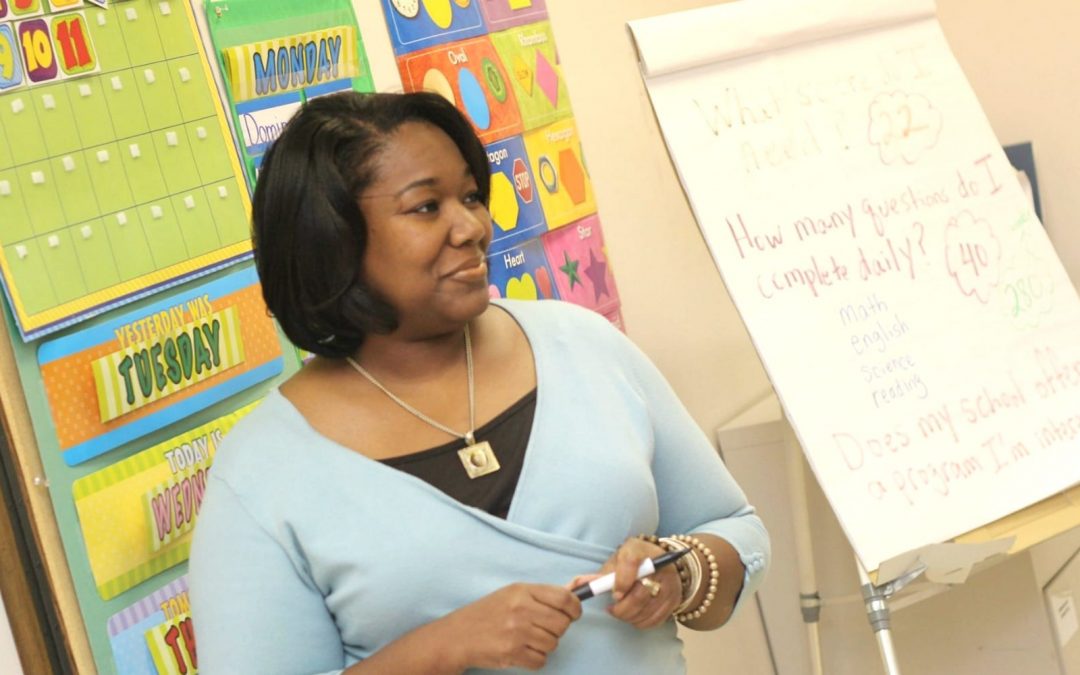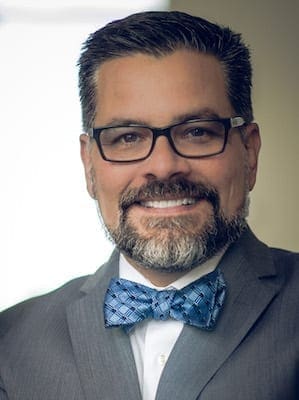G.K. Chesterton wrote, “Education is simply the soul of a society as it passes from one generation to the next.”
As the American experiment surges onward, one institution mirrors the ideals of the country more than all others.
Public schools are the best example of the American dream, as students from different cultures, assorted socioeconomic standings, distinct races, multiple religions and various political persuasions walk through classroom doors to be educated.
The American classroom embodies both the melting pot and hope for a more perfect union.
According to Education Weekly, there are 98,277 public schools in the United States serving 50.7 million students and employing 3.2 million full-time teachers.
In 2014-15, $625 billion was spent on public education by local, state and federal agencies. National per-pupil spending averaged out to $12,526.
While these numbers seem encouraging, another narrative suggests that overall funding for public education is on the decline. Many states have reduced funding for K-12 since 2008.
At least 12 states (Oklahoma, Texas, Kentucky, Alabama, Arizona, West Virginia, Mississippi, Utah, Kansas, Michigan, North Carolina and Idaho) have reduced their per pupil spending from a range of 7 percent (Idaho) to 28.2 percent (Oklahoma).
Paralleling the funding cuts, a growing movement to offer vouchers, savings accounts and tax credits for private education has emerged.
Proponents argue that private education is superior to public education, an argument that loses weight when all factors are considered.
These reductions and attempts to divert money from already underfunded public schools have outraged teachers and administrators to the point where there have been walkouts and threats of walkouts.
While there will be much more debate on adequate and proper levels of funding for public education, the purpose of this column is to get beyond the numbers for a moment.
March 25-29 is Public Schools Week. At EthicsDaily, we have been publishing columns from various writers and looking back at some of our most poignant interviews regarding public education.
I can’t help but recall all the public school teachers who have influenced me.
Homeroom teachers taught me core curriculum: Mrs. McFarland, Mrs. Harris, Mrs. Stewart, Mrs. Price and Mrs. Miller. There was Mr. Moline for science, Mrs. Clark for social studies, Mrs. Sanditen for music, Mrs. Miller for art and so many others that I lost count.
Each day these caring and kind people would enter a classroom attempting to teach me and my fellow students.
There were times when we would give them grief and suffer through a 30-minute scolding, but for the most part each one of them treated us with kindness, compassion and love.
Little did I know that many spent their own money providing supplies for us, some of them had second jobs just to pay the bills, several of them would grade papers at night as they watched their own children grow up, and all of them would worry over the children they were charged with caring for each day.
Public school teachers are the superheroes of our society. As Malala Yousafzai underscored, “One child, one teacher, one book, one pen can change the world.”
For me, the teachers who challenged me academically and loved me unconditionally changed the course of my life. There is absolutely no way I could have achieved the goals in my life without their support.
Public education offered me a way to explore, learn and dream about a world yet to be. Benjamin Franklin once quipped, “An investment in knowledge pays the best interest.”
As Public Education Week draws to a close, I want to offer you a few suggestions that will help support public education and teachers:
- Teachers can seem like superheroes, but they are humans with families.
While we expect a lot from our public school teachers, let us never forget that they aren’t perfect. They have bad days and struggle with the same family problems we all do. Learn and practice grace and forgiveness.
- Everyone benefits from kindness and support.
There is nothing better when a boss or colleague offers a kind gesture or a show of support. The next time you take your children to school and stop by Starbucks for your morning mocha, grab one for the person educating your children.
- Direct communication is better than unsubstantiated claims.
Teachers would rather have a parent contact them quickly with any concerns or questions, rather than to let them fester. Good and continuous communication creates a healthy learning environment for everyone.
- Be an adult and treat teachers as adults.
Children are wonderful and honest creatures, but we must remember that their perception often remains concrete and self-serving. No one asks parents not to believe their children, but please remember the frontal lobes of their brains have yet to develop. So, parents and teachers must remain the adults, using logic, wisdom and maturity to find solutions.
- Learning can be difficult.
Children learn in many different ways and at many different speeds. Do not expect your child to excel the first time and then blame the teacher when they do not fully grasp concepts. Lifelong learning is a gift provided by parents and teachers, but everyone needs to remember that education is a marathon, not a sprint.
These suggestions can help develop a healthy educational ecosystem for children.
Parents, teachers and students need to imagine themselves as teammates working toward a common goal: the education of children and the fostering of knowledge and creativity among the next generation of global leaders.
Public schools remain the American ideal for the American dream.
Editor’s note: Articles in EthicsDaily.com’s Public Schools Week series are available here. Additional resources are available here.


